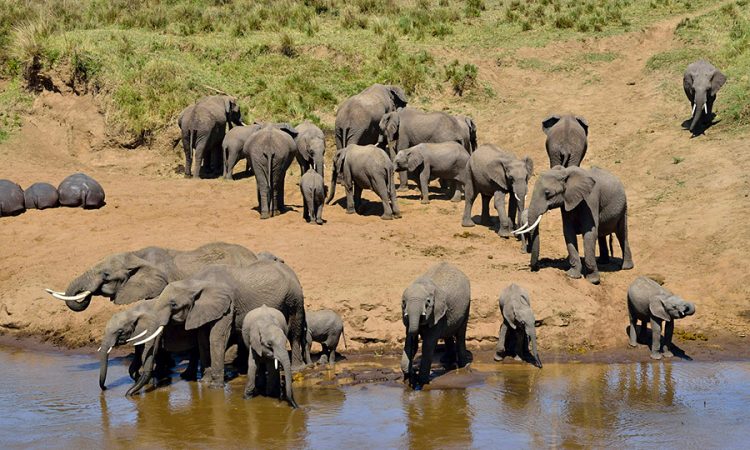Important information
1. Essential Preparations:
Booking Confirmation: Ensure customers receive a confirmation email or message that includes all booking details (date, time, location, and special instructions).
ID and Documents: If applicable, remind customers to bring necessary identification, driving licenses, or permits.
Travel Insurance: Recommend that they have travel insurance in case of unforeseen situations like vehicle breakdowns, delays, or cancellations.
2. Self-Driving Tour Essentials:
Vehicle Equipment:
GPS and Maps: Ensure your vehicle is equipped with a reliable GPS system or guide on navigation. If the tour includes remote areas, provide offline maps or the option to download maps in advance.
Vehicle Type and Features: Inform customers about the type of vehicle (e.g., 4x4, camper van, etc.), and highlight any special features like air conditioning, Bluetooth connectivity, or child safety seats.
Fuel Policy: Clarify if the vehicle should be returned with a full tank or if refueling is required during the journey.
Maintenance and Emergency Kit: Ensure that each vehicle has a well-stocked emergency kit (first aid, spare tire, jack, flashlight, etc.) and your team’s emergency contact number.
Road Safety and Local Regulations: Remind customers of important driving rules or regulations for the tour area (e.g., speed limits, off-road restrictions).
3. Camping Equipment (if applicable):
Tent and Sleeping Gear: Confirm if camping gear is provided or if the customer needs to bring their own tent, sleeping bags, or mats.
Cooking Equipment: If cooking is part of the experience, specify whether stoves, cookware, and utensils are provided or if the customers need to bring them.
Weather-Appropriate Gear: Advise customers to check the weather forecast and bring weather-appropriate clothing, such as layers, rain gear, or sun protection.
4. Packing and Essentials:
Food and Drinks: Suggest packing non-perishable foods, snacks, and water for the journey, especially if the tour is in a remote area.
Personal Items: Recommend bringing personal items like sunscreen, a camera, power banks, toiletries, and any medications.
Cash or Cards: Inform customers about whether they should bring cash for tolls, tips, or purchases along the way, as some areas may have limited access to card payments.
5. Special Considerations:
Health and Fitness: For adventurous tours or activities that require physical effort (e.g., hiking), advise customers to assess their fitness level and ensure they are in good health.
Children or Pets: Clarify if the tour is child- or pet-friendly, and if so, mention any specific requirements, like child car seats or pet care guidelines.
Tour Group or Private Option: Explain if the tour is in a group or private setting, and any benefits or differences (e.g., group interaction, flexibility, or personal guide).
6. Cancellation and Refund Policy:
Cancellation Policy: Ensure customers understand your cancellation policy, including any deadlines for refunds or rescheduling.
Weather or Emergency Cancellations: Inform customers of procedures in the event of cancellations due to weather or unforeseen emergencies and whether a refund or rescheduling is possible.
7. Customer Support:
Contact Information: Provide clear and easy access to customer service, whether it's a phone number, email, or on-site staff during the event or tour.
Real-Time Assistance: If applicable, let customers know about any real-time communication channels (e.g., a WhatsApp number or app) for assistance during their journey.









